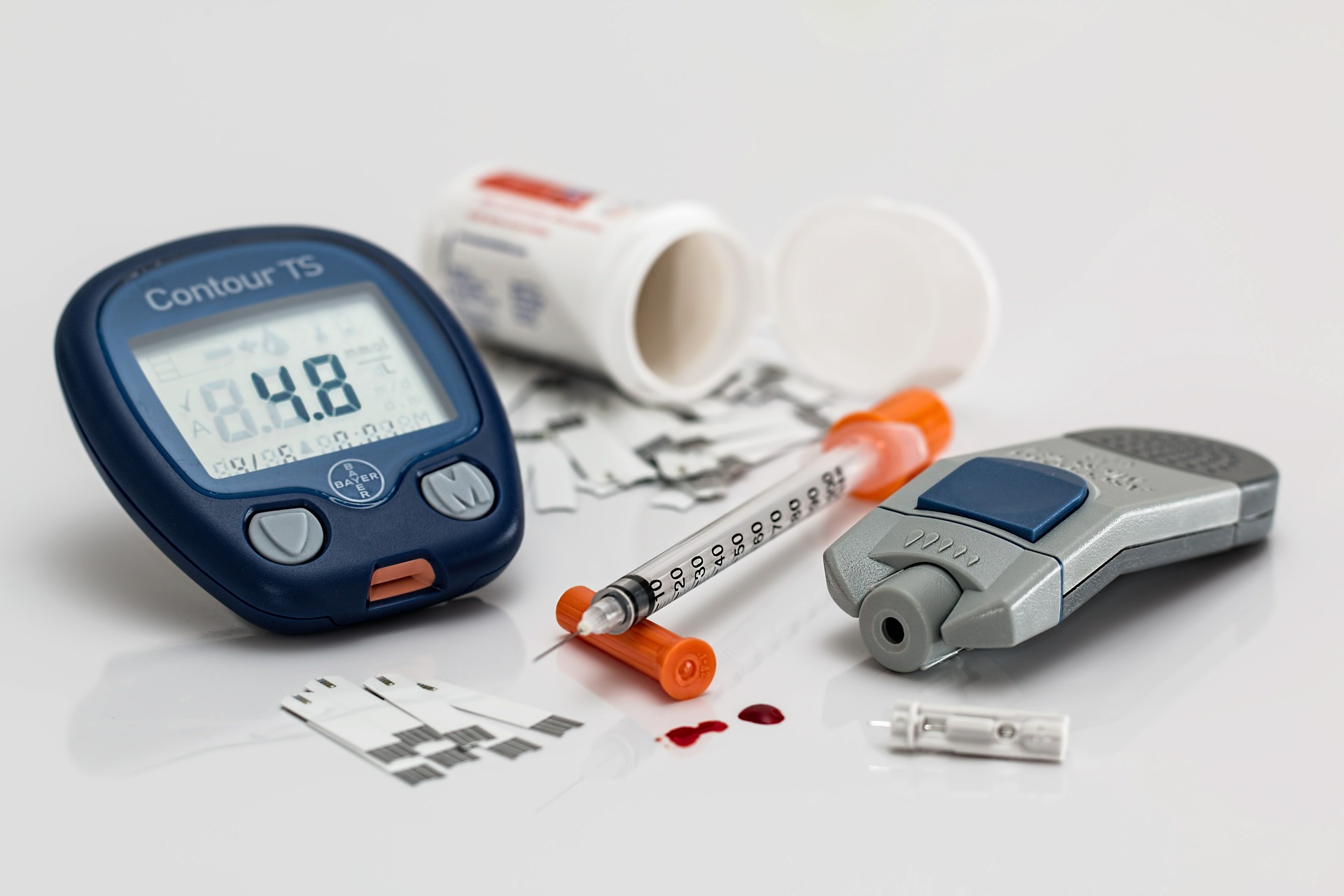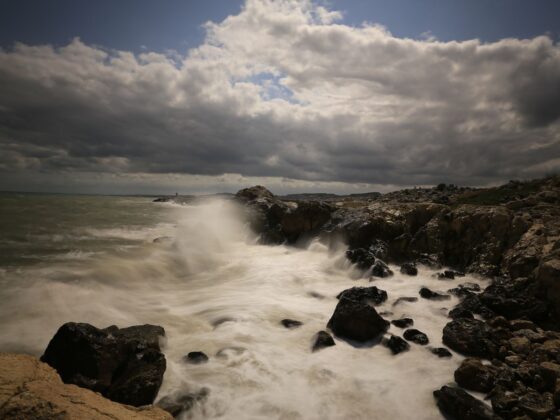The National Capital Region on Friday recorded yet another highest single-day spike of 7,178 Covid-19 cases, overtaking Maharashtra and Kerala. With this, NCT became the largest contributor to the new 50,356 single-day infections, according to a statement issued by the Union Health Ministry on Saturday.
The twin factors of rising air pollution and a surge in Covid-19 cases have increased the burden on Delhi’s hospitals with the number of vacant beds shrinking fast and out patient departments (OPDs) witnessing a spike in footfall, doctors said on Saturday.
Besides, the ICU beds with ventilators at most top private hospitals and major Centre-run facilities are also getting filled up with spiraling cases in the last few days.
Delhi recorded 6,953 fresh coronavirus cases and 79 deaths on Saturday, the highest number of fatalities in over four months, officials said. The cases were detected out of the 57,433 tests conducted the previous day while the positivity rate stood at 12.11 percent, according to the latest health bulletin.
The previous highest single-day spike was 6,842 cases recorded on Wednesday.
The number of daily cases had crossed the 6,000-mark for four consecutive days from November 3-7.
The air quality in the national capital has also deteriorated and greater movement of people in public places, especially crowded areas such as markets and shops, and laxity in adhering to safety norms, has led to a surge in cases, experts have said.
Rana A K Singh, Medical Superintendent at RML Hospital said, there is a rise in the number of patients visiting the hospital with complaints of respiratory problems probably due to a spike in pollution levels and because of change in weather.
“On top of that, the number of Covid-19 patients coming to the hospital has also increased,” he said.
A large number of coronavirus positive patients who come with complaints of breathlessness become better with high-flow oxygen therapy for which one requires special equipment (high-flow nasal), which is inadequate numbers, he said.
AIIMS Director Dr. Randeep Guleria too said that beds are filling up fast in the hospital’s Intensive Care Unit (ICU).
With the spike in Covid-19 cases, patients requiring admission will also increase, putting a strain on the hospital services and healthcare infrastructure, he said.
“Additionally, there is an increase in the number of patients coming to the emergency with acute respiratory problems because of air pollution and respiratory viral infections. It’s a double whammy,” Guleria said.
YOU MAY LIKE TO READ: Significant Link Found Between Air Pollution And Neurological Disorders: Study
He further said that there is data that suggests that air pollution can increase the severity of Covid-19 cases. Air pollution leads to inflammation in the lungs making it more vulnerable for the virus to penetrate.
Those already suffering from respiratory diseases like asthma, COPD or fibrosis, etc are facing exacerbation of the symptoms, he added.
“Also, healthy people are coming with complaints like dry cough, throat irritation, nasal congestion and feeling of malaise which may be directly related to a sudden spurt in pollution levels,” another doctor at a leading hospital, who did not wish to be identified, said.
“There is an emergent need to curb the pollution levels as the likely morbidity in this season where Covid-19 also is affecting lungs adversely will increase,” the doctor added.
Air pollution may increase the transmissibility of the coronavirus making people more vulnerable to the disease and aggravating the Covid-19 situation, experts had recently said, while warning that those who have had the infection in the past may also have to face new challenges.
YOU MAY LIKE TO READ: Global Cost of Air Pollution: $2.9 Trillion a Year, Says Report
Vivek Nangia, principal director and head of pulmonology at Max Super Speciality Hospital, Saket asked people to exercise extreme caution this Diwali as COVID-19 and pollution can compound the problems.
“Due to low temperatures and increased air pollution particulate matters remain suspended in the air for a longer period and increase the transmissibility of the novel coronavirus, making people more vulnerable to the disease,” he said.
The second mechanism linking increased Covid-19 cases and mortality due to air pollution are that exposure to polluted air is known to cause inflammation and cellular damage, making it easy for the virus or any other pathogenic microbe to invade our lungs, he said.
This process of inflammation may suppress the early immune response to infection, making an individual more susceptible, he added.











